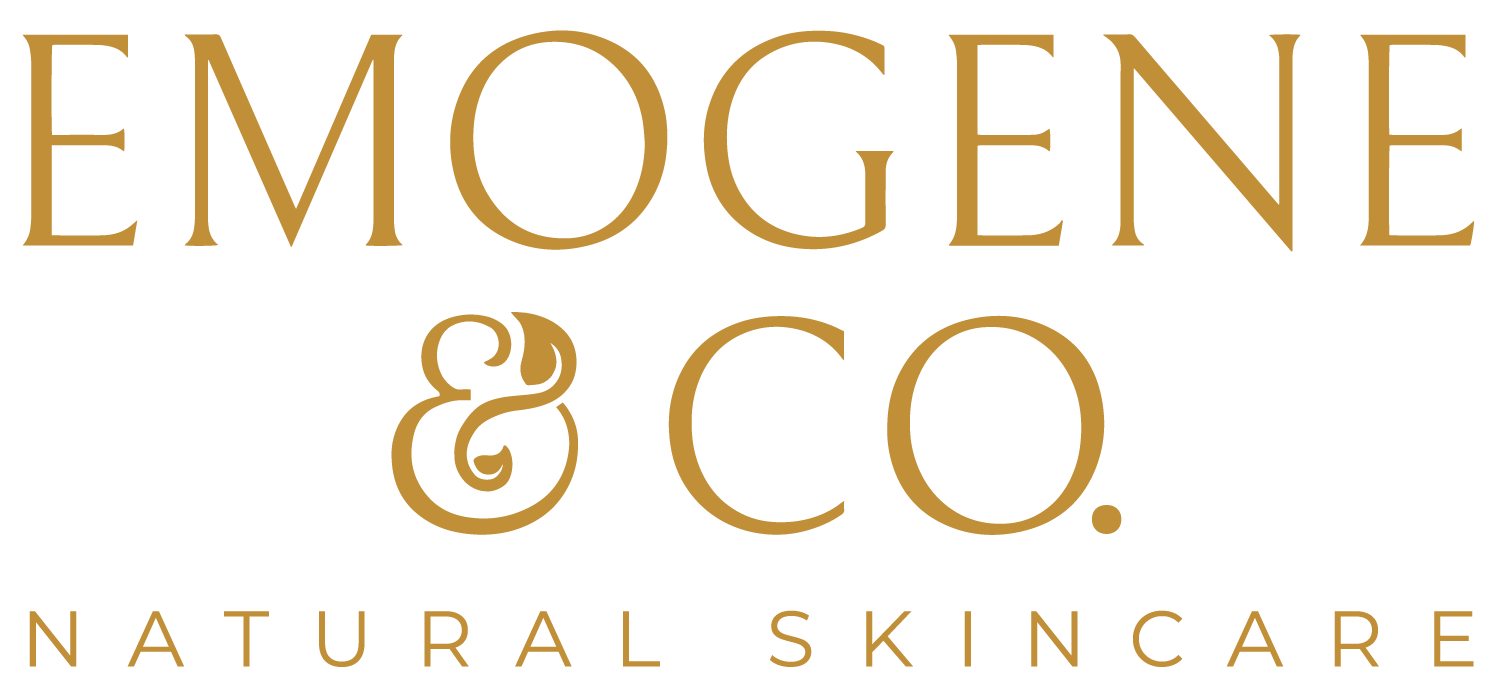From calming inflammation to fighting acne-causing bacteria, Hypochlorous Acid (HOCl) is emerging as skincare’s multitasking hero. But is it just another trendy ingredient, or does science back it up? Let’s dive into what makes Hypochlorous Acid unique, how it works, and why it’s earning a permanent spot in many skincare routines.
Hypochlorous Acid (HOCl) has recently become a star ingredient in skincare, celebrated for its gentle yet powerful ability to purify, soothe, and heal the skin.
What Is Hypochlorous Acid (HOCl)?
Hypochlorous Acid, with the chemical formula HOCl, is a weak acid made up of hydrogen, oxygen, and chlorine atoms. It forms naturally when chlorine dissolves in water and is actually produced by our white blood cells as part of the immune response to fight off harmful bacteria and pathogens. Think of it as your body’s natural disinfectant!
In skin care, Hypochlorous Acid is typically created by electrolyzing water and salt, resulting in a potent and gentle solution for daily use. What truly makes Hypochlorous Acid stand out is its remarkable ability to deliver powerful results while remaining gentle on the skin.
How Does Hypochlorous Acid Work?
Hypochlorous Acid's power lies in its strong oxidizing properties. When applied to the skin, it penetrates the cell walls of bacteria, viruses, and fungi, neutralizing them without harming healthy skin cells. Our bodies use this same mechanism to heal wounds and defend against infection.
Benefits of Hypochlorous Acid in Skincare
1. Antimicrobial Action
Hypochlorous Acid is highly effective at killing a broad spectrum of microorganisms, including acne-causing bacteria. It acts as a natural disinfectant, making it ideal for both wound care and daily skin cleansing.
2. Anti-Inflammatory Properties
Hypochlorous Acid helps calm inflammation by reducing the activity of inflammatory mediators. This is especially beneficial for those with sensitive skin or conditions like eczema, rosacea, and acne, soothing redness and irritation without causing dryness or stinging.
3. Wound Healing Support
When skin is damaged, Hypochlorous Acid not only disinfects the area but also supports the body’s natural healing processes. It breaks down damaged tissue, removes debris, and helps clear dead cells, creating an optimal environment for healing and reducing the risk of infection.
4. Suitable for All Skin Types
Unlike harsher cleansers or alcohol-based products, Hypochlorous Acid is gentle and non-irritating. It is well-tolerated by most skin types, including sensitive, dry, or acne-prone skin, and does not cause the burning or dryness often associated with other antimicrobial agents.
Who Should Use Hypochlorous Acid?
Hypochlorous Acid is an excellent choice for anyone seeking a gentle yet effective way to purify and soothe their skin. It is particularly beneficial for:
-
Acne-prone or congested skin
-
Sensitive or reactive skin
-
Inflammatory skin conditions (eczema, rosacea)
-
Supporting wound healing or preventing infection after minor skin injuries
Is Hypochlorous Acid Safe for Skin?
Absolutely! Hypochlorous Acid is naturally produced by the human body and, when formulated correctly, is considered non-toxic, non-sensitizing, and non-irritating. It is safe for daily use and does not disrupt the skin barrier or microbiome. Unlike many acids or disinfectants, Hypochlorous Acid does not require gradual introduction into your skincare routine and is unlikely to cause adverse reactions, even for those with sensitive skin.
Final Thoughts
With its science-backed antimicrobial, anti-inflammatory, and healing properties, hypochlorous acid is more than just a trend; it’s a skincare essential. Whether you’re battling breakouts, calming sensitivity, or simply looking for a gentle way to keep your skin healthy, Hypochlorous Acid offers a safe, effective solution for every skincare routine.




